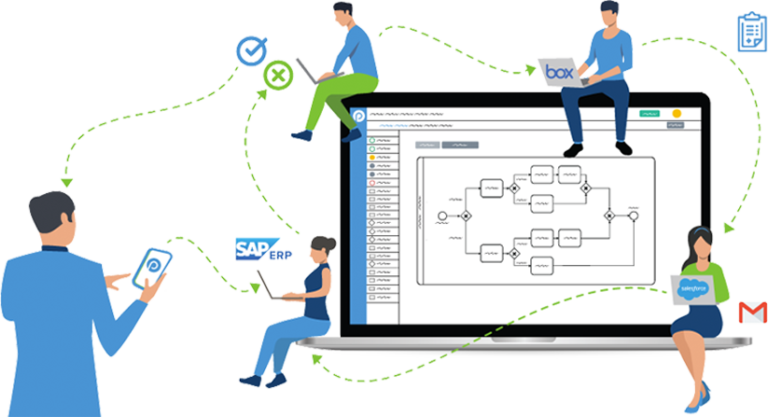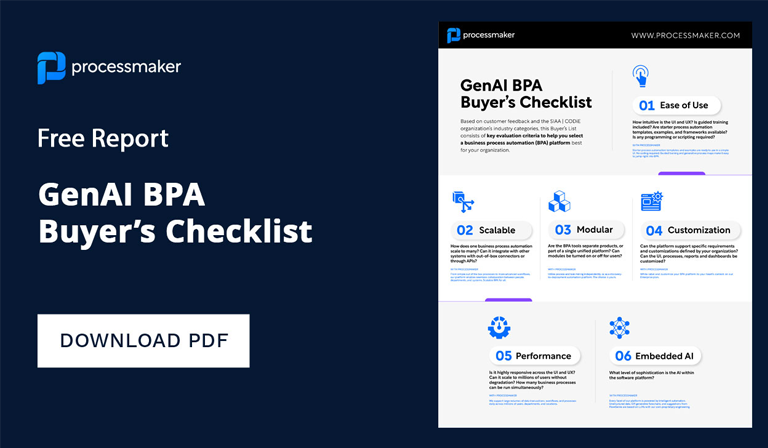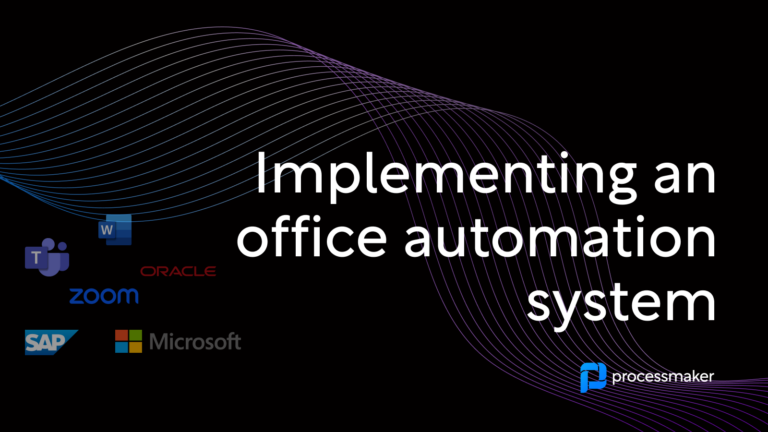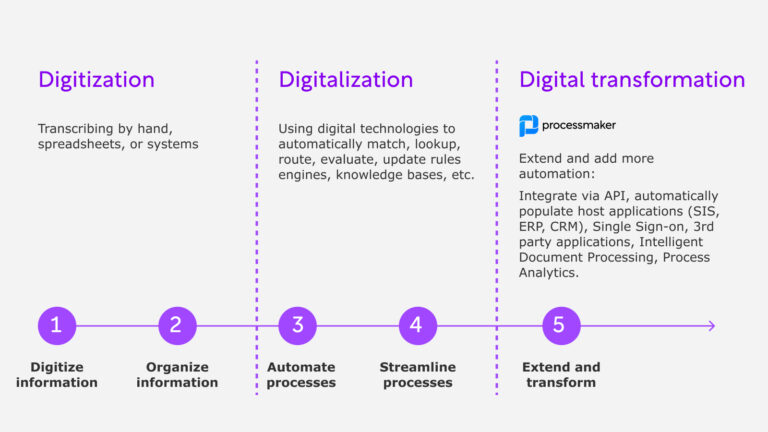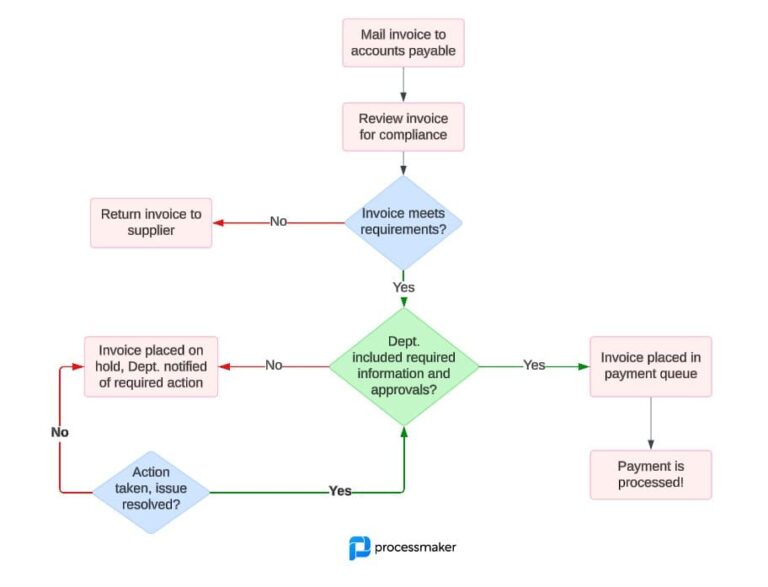A recent survey by McKinsey found that over two-thirds of organizations are at a minimum piloting workflow automation in one or more business units. Experts estimate that organizations will spend a combined total of more than $7 trillion on digital transformation initiatives by 2023.
Yet these totals are skewed by certain industries that are investing heavily in workflow automation, while others are falling behind. In this article, we will look at 5 industries that have been slower to adopt workflow automation technologies and will need to in order to remain competitive going forward.
Energy and Utilities
According to a McKinsey report, the heavy industry sector (such as energy and utilities) has lagged behind others in terms of workflow automation for several reasons. First, the fragmented nature of operations makes it difficult to scale automation. Unlike industries like banking and high-tech where operations and technology are somewhat integrated, heavy industry typically uses field workforces that operate separately from technology functions.
Second, the industry is more risk-averse than others which can contribute to a distrust of workflow automation technology. Third, labor dynamics can hinder automation initiatives. For instance, “utility companies in the United States represent the second-highest unionized workforce in the country, which makes reskilling roles around technology and reassigning a significant share of the workforce to higher-value activities challenging.”
Yet despite these obstacles, some industrial organizations have managed to implement workflow automation at scale. For example, utility organizations are using robotic process automation (RPA) to replace manual regulatory reporting tasks and energy organizations are automating their budgeting processes. For an industry that has been among the hardest hit by the pandemic, workflow automation technologies can provide more efficient and cost-effective ways of working.
Legal
The legal industry has been slow to adopt automation for several reasons. First, there is a common perception among lawyers that legal work cannot be viewed as a process since work product is unique to each client. Second, fee structures are typically on an hourly basis. Lawyers, therefore, may have less of an incentive to speed up work through automation. Third, the nature of the work contributes to an industry that is risk-averse and resistant to change.
New entrants to the legal industry that aim to capitalize on disruptive legal technologies are putting increased pressure on others to embrace digital transformation. For example, machine-learning technology simplifies legal research through algorithms that detect patterns in data. This gives lawyers access to more thorough research and allows them to spend more time on higher-value tasks like client communications and producing superior work product.
Research and Development
Digital transformation initiatives in Research and Development (R&D) processes present some challenges that are not present in other industries. For example, biopharmaceutical systems that are used to run experiments are complex. Typically, those that design the equipment are the only ones that know how to use them. Specialized processes, and those that work well on a small scale, tend to be far more difficult to automate.
An area where investments in R&D automation can pay immediate dividends is data analysis and reporting. Many organizations continue to rely on manual data processes. Yet the need to increase efficiency and reduce the time required to bring new products to market is forcing organizations to reexamine their processes. By automating data processes, organizations can accelerate analysis and reporting, gaining powerful insights while reducing costs.
Small Business
Two factors have traditionally kept small businesses from adopting workflow automation: time and money. Small business owners are forced to wear many hats and digital initiatives are simply put on the backburner in favor of more pressing needs. Before powerful cloud-based automation solutions became widely available, implementing digital technologies required large upfront investments.
While small businesses will never be able to compete with the deep pockets of larger competitors, they can and should play to their strengths. Their biggest advantage – providing unique customer experiences that larger competitors can’t replicate. With workflow automation, small businesses can automate tedious day-to-day business tasks giving them more time to enhance the “staged experience.”
Healthcare
Few industries have a more pressing need for workflow automation technologies, such as a workflow management system, than healthcare. An aging population means that more people than ever require ongoing medical care. Healthcare providers have traditionally reacted to increased demand by simply hiring more workers. With employee salaries and benefits consuming some 50 to 60% of the average hospital’s operating budget, this model is not sustainable in the long-run.
Workflow automation can help healthcare organizations to replace repetitive and time-consuming tasks, allowing workers to focus on providing higher levels of patient care. According to a recent Deloitte article that looked at the role of Robotic Process Automation (RPA), “RPA can help health care and life sciences organizations collect and translate patient and transactional data into meaningful, actionable formats; streamline compliance-related processes; and relieve employees of some task they now perform.”
Organizations spanning a broad range of industries rely on ProcessMaker’s innovative intelligent business process management software (iBPMS) to automate their workflows and transform their operations.
